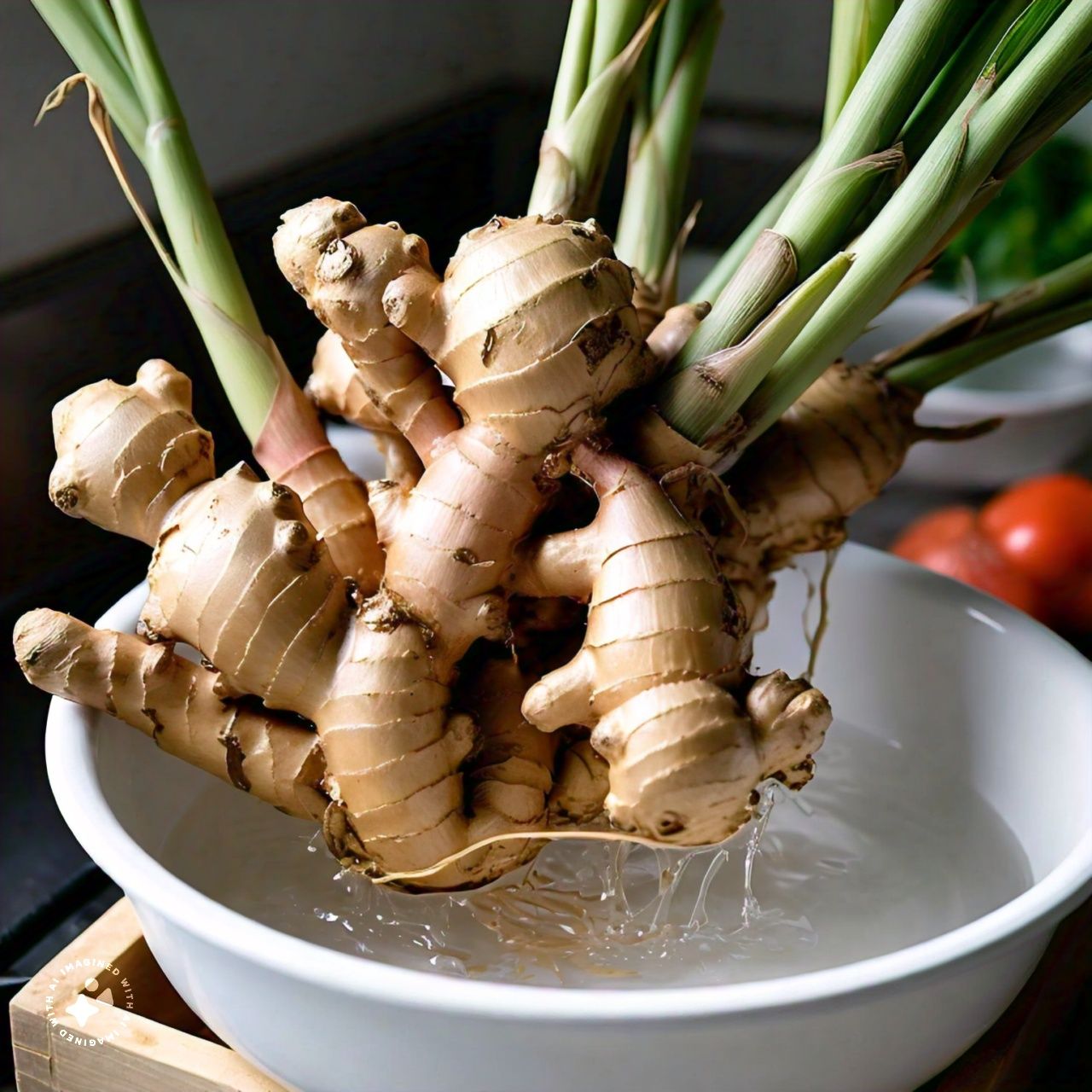Ginger (Zingiber Officinale) is a commodity that is highly valued in international markets for its aroma, pungency and high oil and Aleo resin content. Nigeria is the third largest exporter of ginger in the world after China and India. Most of the dried ginger that are available for international trade are simply sun dried over a few days, but artificial drying is also used in areas lacking a defined dry season to coincide with the harvest. The rhizome is dried to between 10 and 12 per cent moisture content. Dried ginger is usually presented in a split or sliced form. Splitting is said to be preferred to slicing, as slicing loses more flavour, but the sliced are easier to grind and this is the predominant form of dried ginger currently in the market.
Specifications
Moisture content: 6-9% max
Oil content: 1-2%
Impurities: 0-2% max
Uses
The list of ginger uses is almost endless, being a pungent spicy herb and one of the more popular food spices. They range from baked products like gingerbread, ginger biscuits, ginger cookies to drinks like ginger tea, ginger beer, ginger ale, etc. Ginger contains about two per cent essential oil. The oil is extracted and distilled from rhizomes for various uses in confectionery, perfumery, beverages and pharmaceuticals. Dried ginger is used predominantly for flavouring coffee especially in the Middle East. It contains medicinal qualities and it is also used to calm nausea and aids digestion. Dried ginger is used in many different cooking methods. It is an important spice in Asia, the Caribbean and African cooking.

